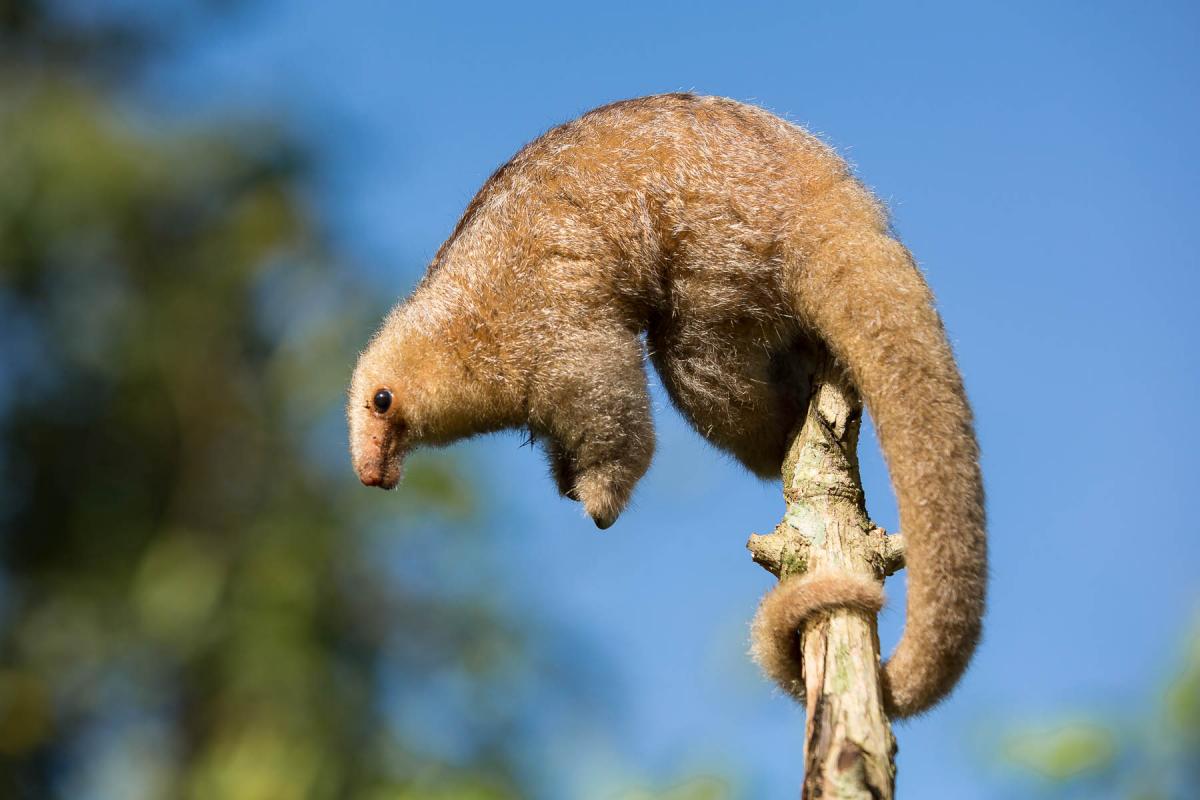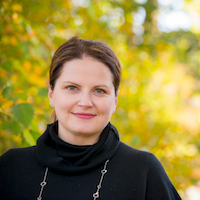As in parts 1, 2, and 3, we’re having a roundtable discussion of Joseph T. Spadafino’s “Americans’ Unwillingness to Accept Evolution En Masse Is a Failure of Science Education,” posted at (although later withdrawn from) the Huffington Post. Joining me are Ian Binns (elementary science educator and researcher), Amanda Glaze (scientist/science educator and NCSE guest blogger), Chris Lynn (associate professor of anthropology and director of the evolutionary studies minor at the University of Alabama), Caitlin Schrein (evolutionary anthropologist, science writer, and former teacher), and Adam Shapiro (author and historian of science). As promised, Ian Binns is going to address the issue of teacher training and monitoring.
@EvoPhD @icbinns @Chris_Ly @Paleophile @NCSE @cult_cognition Also, looks like I have a good "say what" topic for the week.
— Stephanie Keep (@keeps3) April 18, 2016
Ian Binns: Can we switch gears for a minute and talk about the bit about teacher training? Training teachers is tough, especially now with all of the increased scrutiny on teacher preparation programs. Additionally, most of the secondary teacher preparation programs I’m familiar with require a degree in a content area (i.e., future biology teachers need a degree in biology). I’m hesitant to say “all,” but I would bet that a large percentage of teacher training do this. It’s likely that teachers trained to teach biology already have a degree in biology. He goes on to suggest that teachers should be regularly observed “to recognize when evolution is carelessly (or intentionally) misrepresented.” I do agree this would help. But who does the observations? Typically observations are done by the administration. The possibility that administrators are experts in evolution is pretty low. So then what? Even if you have the science department chair observe, that person may not be an expert in evolution. Again, then what? This is an unrealistic expectation for our schools.
 Stephanie Keep: Considering that pressure from principals, superintendents, etc. is often why a teacher is dodging or undermining evolution, I have some serious doubts that observations by administrators would be effective in the way Spadafino suggests.
Stephanie Keep: Considering that pressure from principals, superintendents, etc. is often why a teacher is dodging or undermining evolution, I have some serious doubts that observations by administrators would be effective in the way Spadafino suggests.
Caitlin Schrein: And do you think a teacher who is, according to Spadafino, “intentionally” misrepresenting evolution would invite scholars like us into his/her classroom to evaluate the quality of the teaching on evolution? I would think certainly not.
Amanda Glaze: I can say that if I were to be invited to a classroom by a teacher, I would much rather come as a partner, to engage with students and teachers and build relationships, than come as an over-lording outsider, causing further division between higher ed and primary/secondary teachers. This is not Us vs. Them; we are all in this together. I think the sooner we stop pointing fingers and widening the divide, the better we will all be.
Chris Lynn: Wouldn’t this idea then have to be extended to all teachers in all disciplines? Do history professors/experts from the outside come sit in on history classes and vet K–12 history teachers with a fine-tooth comb? This seems like it would be an administrative nightmare. But aren’t motivated teachers already doing things to improve their knowledge and pedagogy? What are the incentives to do professional development? What if teachers were expected to go through a certain number of professional development workshops on certain topics (obviously like the one we’re waving a flag for) as part of the tenure process and advancement? The quality standards could be maintained better at the workshop level than in the classroom level. I’m not sure how the tenure process works in K–12, but, judging from my exposure in my kids’ school, it does not entail the same degree of external evaluation as college and university tenure processes. Am I totally off base on that?
AG: Not at all, that is precisely what would have to happen. Proposals like this have to fit all circumstances and apply across the board. No teacher in a single content area is going to stand for being singled out for more evaluations or work than what other teachers are having to do in their fields. I do think that this is where stronger content training, which is the focus now in science education, is helpful. As Ian said, a lot of teacher training programs now include the equivalent in hours to a double major in a field of science—if not a full undergraduate science degree and then a master’s level initial education certification.
CS: I was further frustrated by the author’s argument that it would be difficult to ensure that teachers who do not personally accept evolution don’t teach misconceptions/misrepresentations. That’s true, but only because it is difficult to ensure that teachers do anything. But what I think Spadafino is implying is that you can’t expect someone with religious beliefs and who may be a creationist to teach the  science behind the theory of evolution effectively. If you take the author’s statement at face value, he is specifically talking about teachers who do not accept evolution, but I think we have to argue, based on evidence, that how people report their belief and acceptance does not necessarily reflect their content knowledge (and sometimes does not accurately reflect their belief and acceptance!) and therefore it’s likely that there are teachers who say they do not (or really do not) accept evolution but who can also effectively teach about it. On this, we can refer to Berkman and Plutzer (2010), Rutledge & Mitchell (2002), and much of Randy Moore’s work (e.g. Moore and Kraemer 2005).
science behind the theory of evolution effectively. If you take the author’s statement at face value, he is specifically talking about teachers who do not accept evolution, but I think we have to argue, based on evidence, that how people report their belief and acceptance does not necessarily reflect their content knowledge (and sometimes does not accurately reflect their belief and acceptance!) and therefore it’s likely that there are teachers who say they do not (or really do not) accept evolution but who can also effectively teach about it. On this, we can refer to Berkman and Plutzer (2010), Rutledge & Mitchell (2002), and much of Randy Moore’s work (e.g. Moore and Kraemer 2005).
Coming up in part 5: Caitlin Schrein continues to wheel out the literature and the panel wraps up the discussion with some concluding thoughts.
Are you a teacher and want to tell us about an amazing free resource? Do you have an idea for a Misconception Monday or other type of post? Have a fossil to share? See some good or bad examples of science communication lately? Drop me an email or shoot me a Tweet @keeps3.

